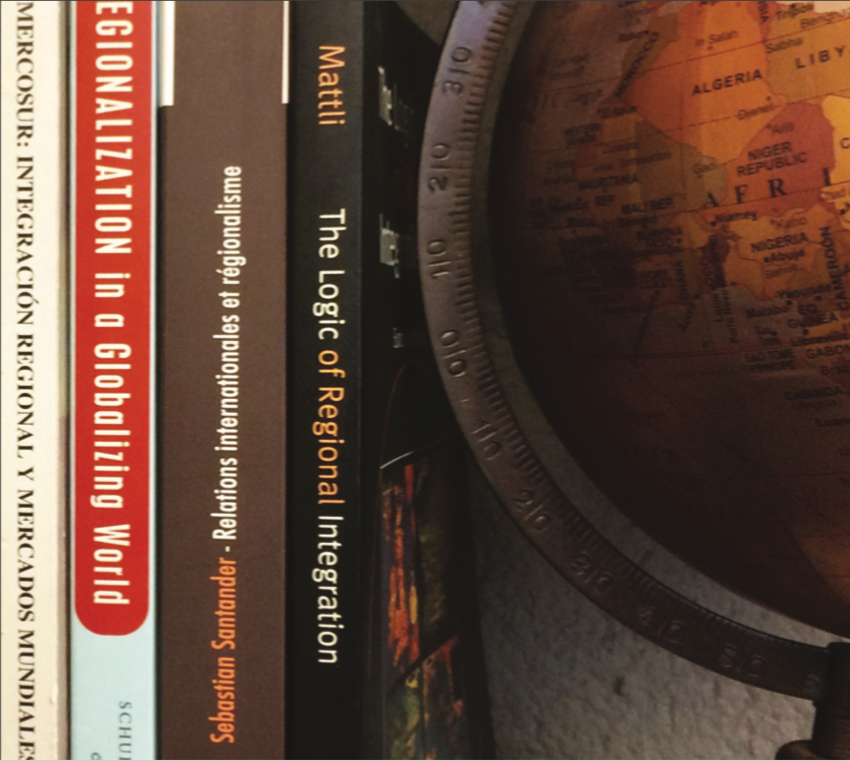Instructions for authors
All articles must be original and written in English or French.
The length of the texts must be between 6000-8000 words. This word limit includes figures/ tables/graphs. However, it excludes abstract, affiliation, biography, footnotes and bibliography.
Model quote type Harvard.
The texts must be presented in Times New Roman, 12; 1.5 line spacing; justified.
The texts must include: a 250 word abstract; 3 keywords; the affiliation of the author (status, research center, university); biography of the author of 150 words.
Please send your contribution to the following address: jcrd@uliege.be
The review team will then admit receipt of the manuscript and submit it for evaluation. As for the evaluation procedure, two experts will be mandated to anonymously evaluate your contribution, as follows:
- in case of concordant expert’s opinion that your article is ‘admissible with/without modification’, we will send you the mention of the experts directly and ask you to send us the final version on the aforementioned date;
- in case of diverging opinions of the two experts, we will ask for the evaluation of a third expert;
- in case of concordant expert opinion that your article is ‘unacceptable’, we will unfortunately be obliged to refuse the publication of your article.
Please be advised that all articles will under scrutiny through an anti-plagiarism program to enure originality.
Possibility to propose a special issue
The journal also publishes special issues. Those interested can edit a special issue on a given theme. This issue should have between five and seven articles and one or two book reviews. If accepted, the editor of the special issue must carry out the evaluation process himself/herself (see procedure above).
Bibliographical references
Bibliographic references must be incorporated into the text using the following system: author-date-page. For example: (Nye, 2002, p. 9).
References should be listed in alphabetical order at the end of the manuscript.
All references must be complete and must appear in the text.
Bibliographical references at the end of the manuscript, with all family names / name(s) of publishing institution(s) in small capitals (PC: Ctrl+Shift+k - Mac: Cmd+Shift+k), must follow the following style:
Books
NYE Joseph S., The Paradox of American Power, New York, Oxford University Press, 2002.
Chapters in edited books
SANTANDER Sebastian, "Ordre mondial, hégémonie et puissances émergentes", in SANTANDER Sebastian (eds.), Puissances émergentes : un défi pour l’Europe ?, Paris, Ellipses Edition Marketing, 2012, pp. 9-25.
Edited books
SANTANDER Sebastian (eds.), Puissances émergentes : un défi pour l’Europe ?, Paris, Ellipses Edition Marketing, 2012.
Articles of scientific journals
MANNERS Ian, “Normative Power Europe: A Contradiction in Terms?”, Journal of Common Market Studies, 2002, vol. 40. n° 2, pp. 235-258.
Websites
COUNCIL OF THE EUROPEAN UNION, "Infographic – EU economy", 2018, disponible à l'adresse suivante : https://www.consilium.europa.eu/en/infographics/eu-economy/ (consultée le 24 septembre 2020).
Official documents
EUROPEAN COMMISSION, "A Budget for Europe 2020", Communication from the Commission to the European Parliament, the Council, the European Economic and Social Committee and the Committee of the Regions, Brussels, 29.6.2011, COM(2011) 500 final Part I, 2011, pp. 1-25.
Writing Book Reviews
Each issue of Journal of Cross-Regional Dialogues (JCRD)/Revue de dialogues inter-régionaux (RDIR) includes a book review section. This section aims to provide readers with an updated critical assessment of new publications on European and regional integration, as well as international relations.


